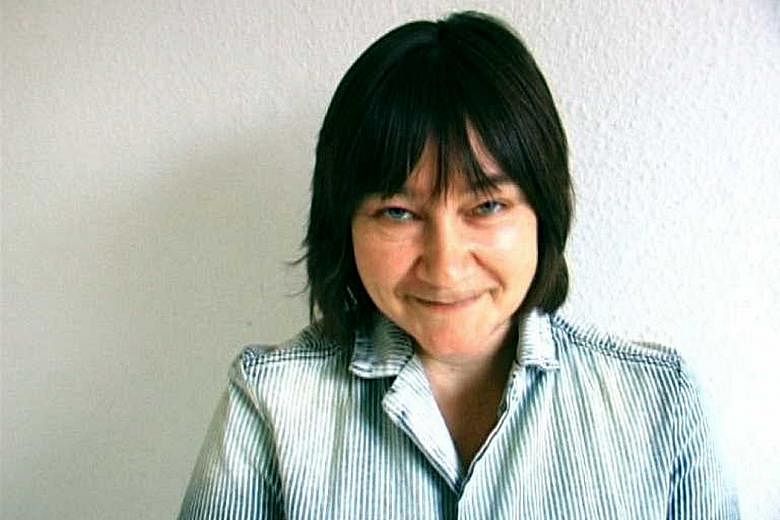Scottish writer Ali Smith set a high bar a little over a year ago with Autumn, the first in a seasonal quartet tracing the aftermath of Brexit.
But this splendid opener is bested by Winter, a novel lit from the inside with a translucent beauty, as Smith scrapes the frozen ground of a nation in the winter of its discontent to find signs of green life beneath the snow.
In the bleak mid-winter, two ageing women and two millennials sit down in an old Cornwall house for a tense Christmas lunch.
The house's owner Sophia is being haunted by a disembodied child's head. It floats around after her as she goes about her daily routine. She has formed a quaint connection with it and sings to it as it rolls back and forth on her pillow.
To everyone else, Sophia has gone mad.
Visiting for Christmas, her son Art finds her emaciated and bundled up in coat and scarf with the heating on at full blast. He is forced to call his aunt Iris, an activist who helps refugees in Greece and whom his mother has not spoken to for 30 years.
-
[FICTION] WINTER
-

By Ali Smith
Hamish Hamilton/Paperback/ 322 pages/$27.82/Books Kinokuniya
Rating: 4.5/5
Art has his own issues. He has broken up with his environmentalist girlfriend Charlotte, who in revenge has hacked his blog Art In Nature, which she considers pretentious, and is turning it into a troll account.
In desperation, he has offered to pay Lux, a homeless immigrant he met at a bus stop, £1,000 ($1,800) to pretend to be Charlotte for Christmas at his mother's.
Lux strives to be a conciliatory voice amid a family at odds: idealistic Iris, who protested nuclear weapons in the mud at Greenham Common; stiff Sophia, who can feel pity for an imaginary head but not the immigrants flooding Britain; and apathetic Art, who cares more for puddles than politics.
It would be easy to sort them symbolically into the Brexit camps of Leave and Remain, but Smith introduces her characters as people first and foremost, in all their complex wholeness.
She is clearly enraged by the state of the world, but at the same time, her writing is shot through with a wonderfully wry humour.
Much of it coalesces in Lux, as she drops elegant puns involving English writer Samuel Johnson and buses and tells of her life of sleeping rough and not knowing when she might be deported.
"It's a full-on education being from somewhere else in your country right now," she quips to Art.
Intelligent and compassionate, she subverts the stereotypes Art and Sophia have of the invading immigrant.
In one scene, she describes a Shakespeare play while a sceptical Art thinks she is making it up to seem more like Charlotte.
The play is, in fact, Cymbeline, in which the characters are "living in the same world but separately from each other", says Lux. "But if they could just step out of themselves... they'd see it's the same play they're all in, the same world, that they're all part of the same story now."
Smith promises no magical reconciliations among estranged perspectives, but she holds up the hope of thaw, that we too might step out of ourselves for a time.
If you liked this, read: Ice by Anna Kavan (Penguin Classics, 1967, reissued 2017, $27.77, Books Kinokuniya), in which an unnamed narrator chases an elusive "glass-girl" across a frozen, post-nuclear dystopia in which walls of ice are engulfing the world.


